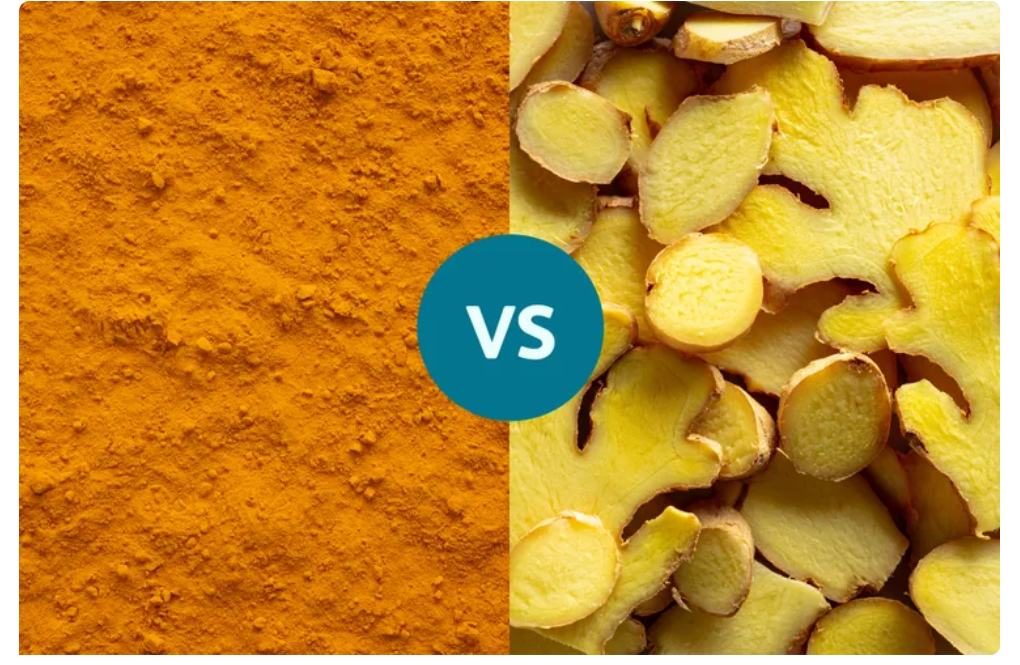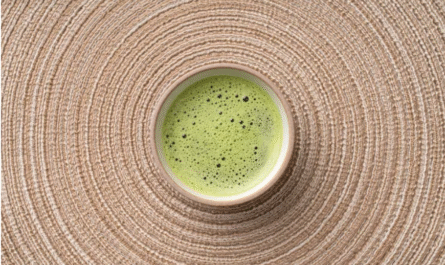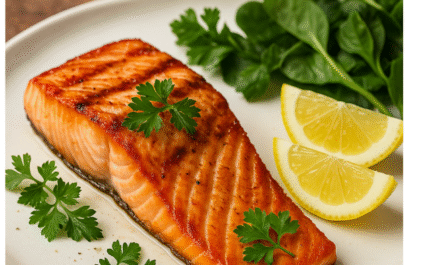In the world of superfoods and natural remedies, turmeric and ginger are two of the most celebrated spices. Both are staples in traditional medicine and modern wellness circles alike—hailed for their potent anti-inflammatory and antioxidant properties. But if you had to pick one to give your antioxidant levels a bigger boost, which would it be?
Let’s dive into the science behind turmeric and ginger to determine which spice truly packs a stronger antioxidant punch.
🌿 What Are Antioxidants and Why Do They Matter?
Antioxidants are compounds that help neutralize free radicals—unstable molecules that can cause damage to cells and contribute to aging, inflammation, and diseases like cancer and heart disease. A diet rich in antioxidants helps protect your body from oxidative stress and supports overall health.
🌟 Turmeric: The Golden Antioxidant Powerhouse
Turmeric, known for its vibrant yellow color, is rich in a powerful compound called curcumin. Curcumin is widely studied for its potent anti-inflammatory, anti-cancer, and antioxidant effects.
Key Antioxidant Benefits of Turmeric:
- Curcumin’s power: Curcumin is a strong scavenger of free radicals and also boosts the activity of the body’s own antioxidant enzymes.
- Brain and heart health: Studies suggest curcumin can improve brain function and reduce the risk of heart disease.
- Anti-inflammatory synergy: Chronic inflammation contributes to many diseases, and curcumin combats both inflammation and oxidative stress simultaneously. Turmeric vs. Ginger
⚠️ Note: Curcumin has low bioavailability, which means it’s not easily absorbed by the body. However, pairing it with black pepper (piperine) can enhance absorption by up to 2,000%.
🌱 Ginger: A Zesty Shield Against Free Radicals
Ginger contains a variety of bioactive compounds, the most notable being gingerol. Like curcumin, gingerol has powerful antioxidant and anti-inflammatory properties.
Key Antioxidant Benefits of Ginger:
- Fights oxidative damage: Gingerol helps combat free radicals and oxidative stress, particularly in the digestive tract.
- Supports immune health: Ginger has long been used to treat colds, nausea, and inflammation, partly due to its antioxidant effects.
- Liver protection: Some studies show ginger can help reduce oxidative stress in the liver caused by toxins or alcohol.
🥊 Turmeric vs. Ginger: Antioxidant Showdown
| Feature | Turmeric | Ginger |
|---|---|---|
| Main Compound | Curcumin | Gingerol |
| Antioxidant Strength | 🌟🌟🌟🌟🌟 | 🌟🌟🌟🌟 |
| Anti-inflammatory Power | High | Moderate-High |
| Bioavailability | Low (but can be enhanced) | Better than turmeric |
| Overall Health Impact | Extensive (brain, heart, joints) | Digestive, immune, metabolic support |
Winner: Turmeric (by a slight edge)
While both spices are antioxidant-rich, turmeric tends to edge out ginger in terms of raw antioxidant potential—thanks to curcumin’s broad-spectrum effects. However, ginger is still a powerful and versatile ally, especially for gut and immune health.
💡 The Best Strategy? Use Both!
Instead of choosing one over the other, incorporate both turmeric and ginger into your diet. Together, they create a synergistic powerhouse for fighting inflammation, oxidative stress, and chronic disease.
Ideas to Try:
- Golden milk (turmeric + ginger + black pepper + milk)
- Ginger-turmeric tea with lemon and honey
- Curry dishes or smoothies with both spices
🧠 Final Thoughts
In the battle of turmeric vs. ginger for antioxidant supremacy, turmeric may wear the crown, but both deserve a regular spot in your spice rack. Harnessing the strengths of both can elevate your health game—and your meals.



